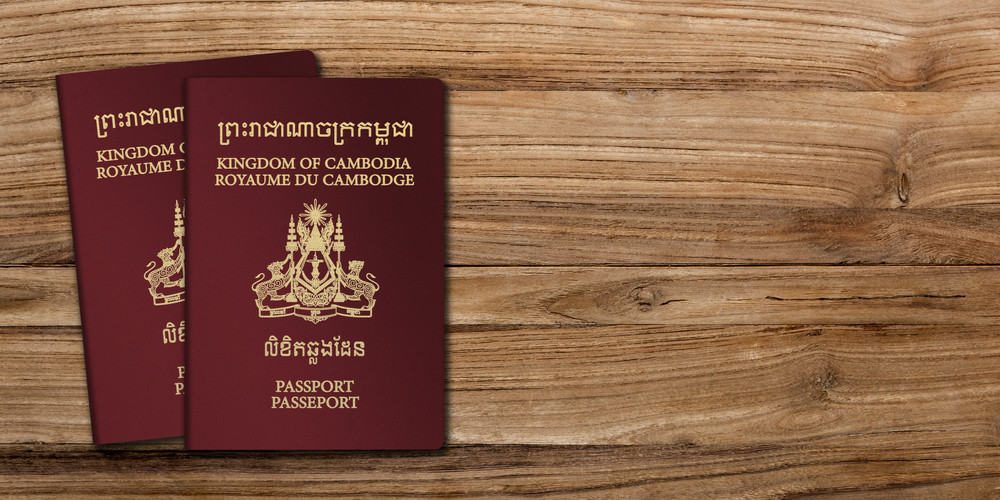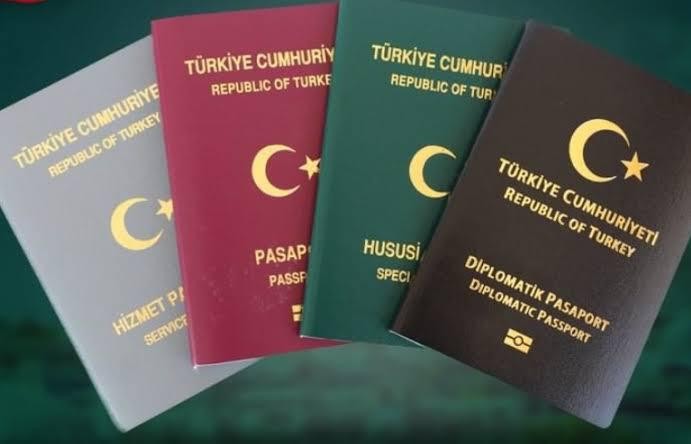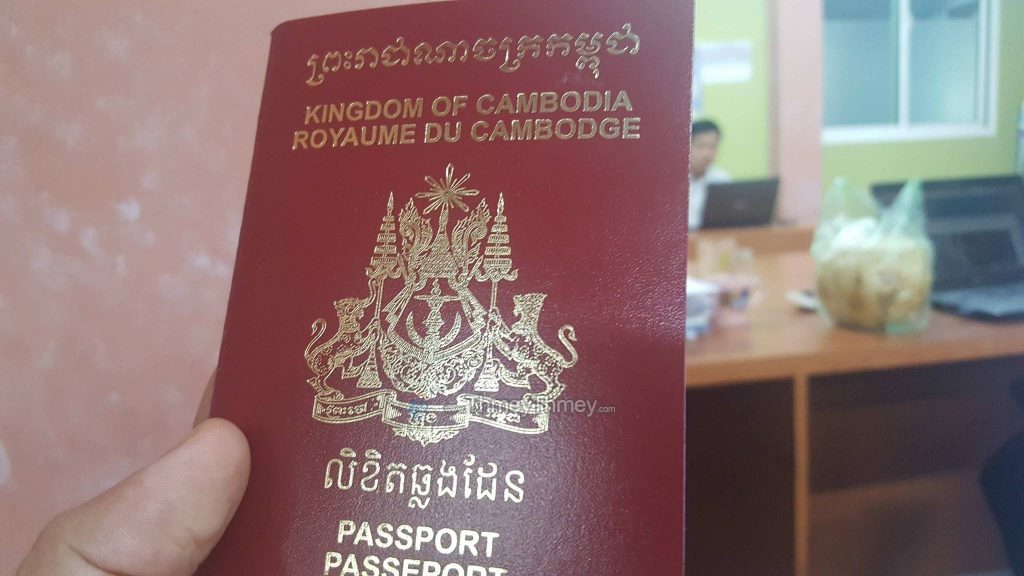Introduction:
The Cambodia visa for US citizens is an important aspect to comprehend before embarking on a journey to this captivating Southeast Asian nation. This essay aims to explore the intricacies and requirements associated with obtaining a visa to Cambodia, focusing on the intelligence and comprehension of a graduate school student.
Paragraph 1: The Significance of a Cambodian Visa
A Cambodia visa is an essential legal document for US citizens intending to travel to Cambodia. It allows entry into the country and determines the length of stay. Obtaining a visa prior to departure ensures a seamless travel experience and prevents any potential legal complications during the visit.
Paragraph 2: Types of Cambodian Visas
US citizens have three visa options for visiting Cambodia: tourist visa, business visa, and ordinary visa. The tourist visa is suitable for leisure travel, while the business visa is for individuals conducting business activities. The ordinary visa caters to those seeking employment, study, or retirement in Cambodia.
Paragraph 3: Tourist Visa Requirements
To obtain a tourist visa, US citizens must have a valid passport with at least six months’ validity remaining, a completed visa application form, a recent passport-sized photograph, proof of travel itinerary, and sufficient funds to cover the stay. Additionally, a visa fee is required, typically paid in cash upon arrival or online in advance.
Paragraph 4: Business Visa Requirements
US citizens planning to engage in business-related activities in Cambodia should procure a business visa. In addition to the requirements of a tourist visa, an invitation letter from a Cambodian company, a business introduction letter from the employer, and a guarantee letter from the applicant’s employer are necessary.
Paragraph 5: Ordinary Visa Requirements
US citizens interested in long-term stays, such as employment or study in Cambodia, should apply for an ordinary visa. This requires additional documentation, including a letter of recommendation or letter of acceptance from a Cambodian entity, a criminal background check, health examination records, and proof of financial means to support oneself.
Paragraph 6: Visa Application Process
US citizens can obtain a Cambodian visa through three methods: applying in-person at a Cambodian embassy or consulate, e-visa application CAMBODIAN VISA ONLINE online, or visa on arrival. It is advisable to review the specific requirements of each method before proceeding.
Paragraph 7: Cambodian Visa Costs and Duration
The visa fees for US citizens can vary depending on the visa type and application method. Generally, tourist visas cost around $30, while business and ordinary visas may range from $35 to $150. The duration of stay permitted by each visa type can also vary, ranging from 30 days to one year.
Paragraph 8: Visa Extension and Overstay Consequences
Should US citizens decide to extend their stay, visa extensions are possible. However, overstay penalties can be significant, so timely extension or departure is crucial. It is advisable to consult with the Cambodian immigration authorities or embassy for specific extension procedures and requirements.
Paragraph 9: Additional Considerations for US Citizens
For an informed travel experience, US citizens should familiarize themselves with Cambodia’s cultural and legal environment. It is prudent to research local customs, safety guidelines, and the latest travel advisories issued by their government to make informed decisions during their visit.
Conclusion:
Understanding the Cambodia visa application process is vital for US citizens contemplating a journey to this enchanting nation. By comprehending the visa types, requirements, application procedures, costs, and duration, graduate school students can effectively navigate through the complexities of the process, ensuring a smooth and hassle-free travel experience.











